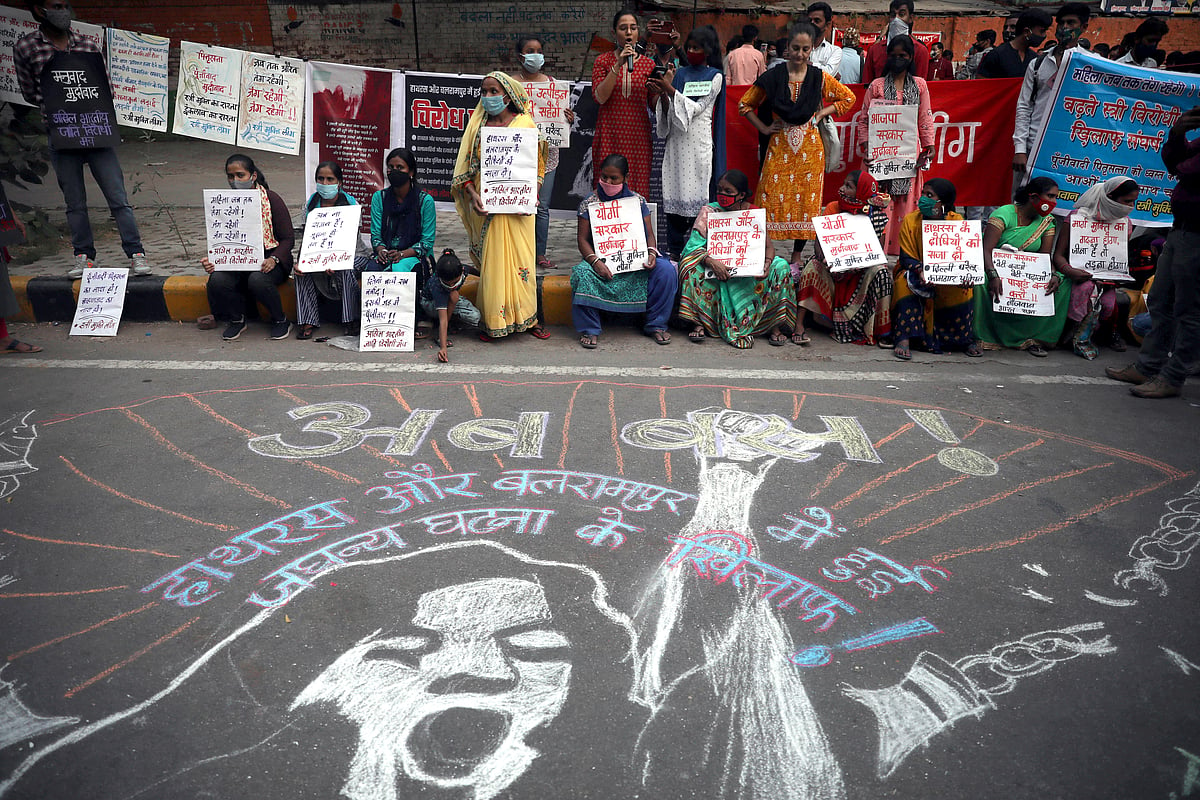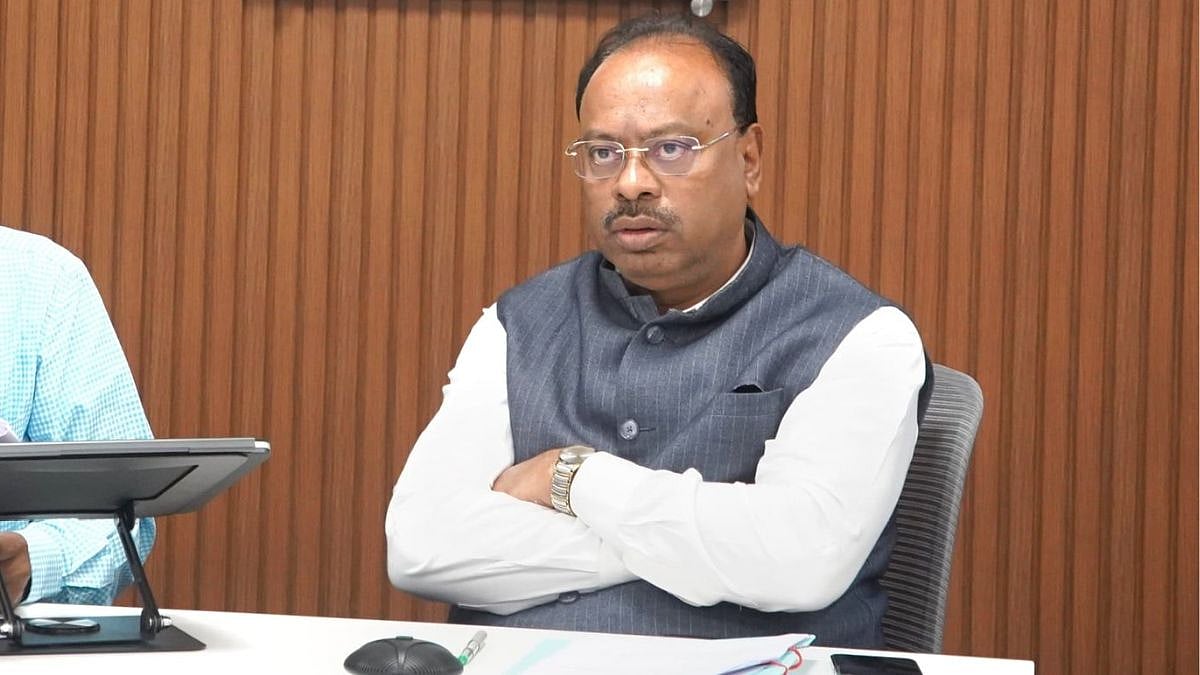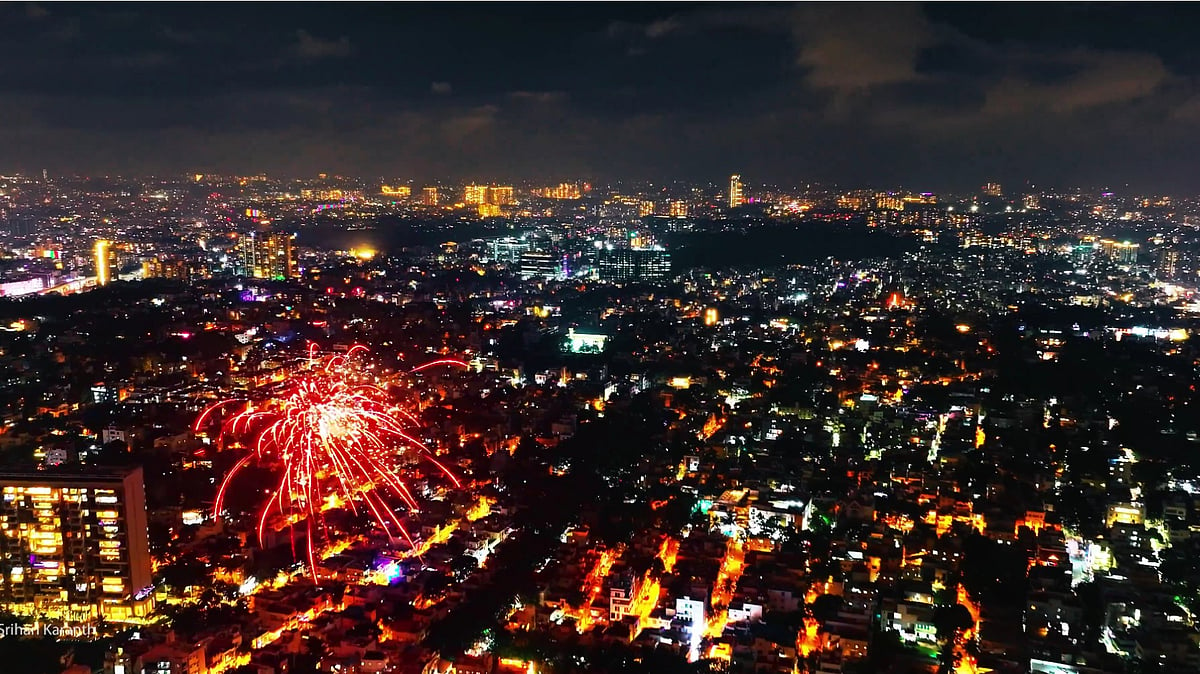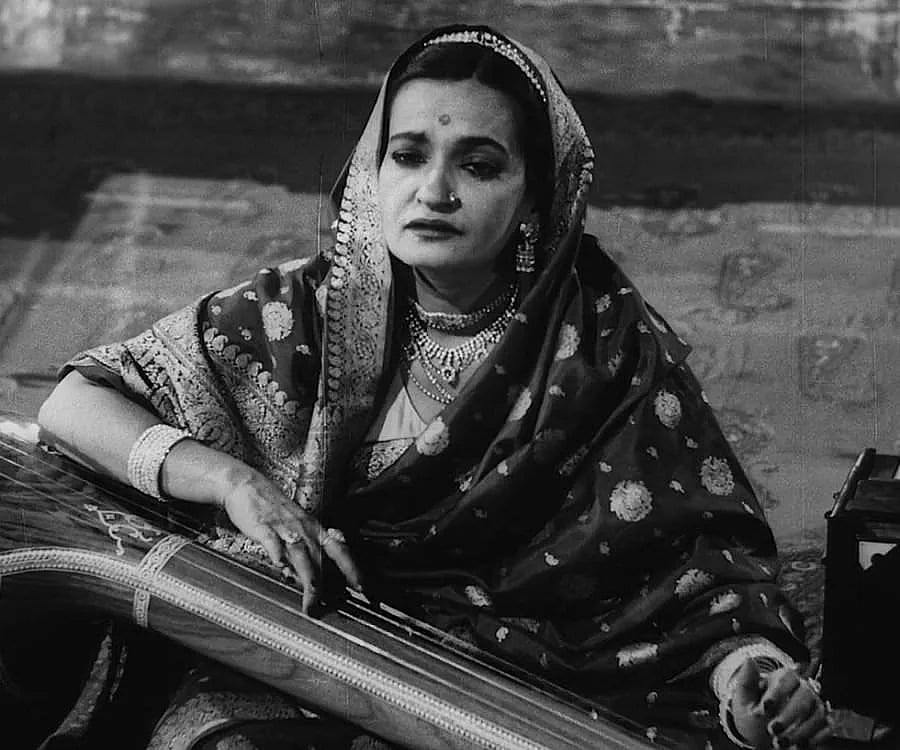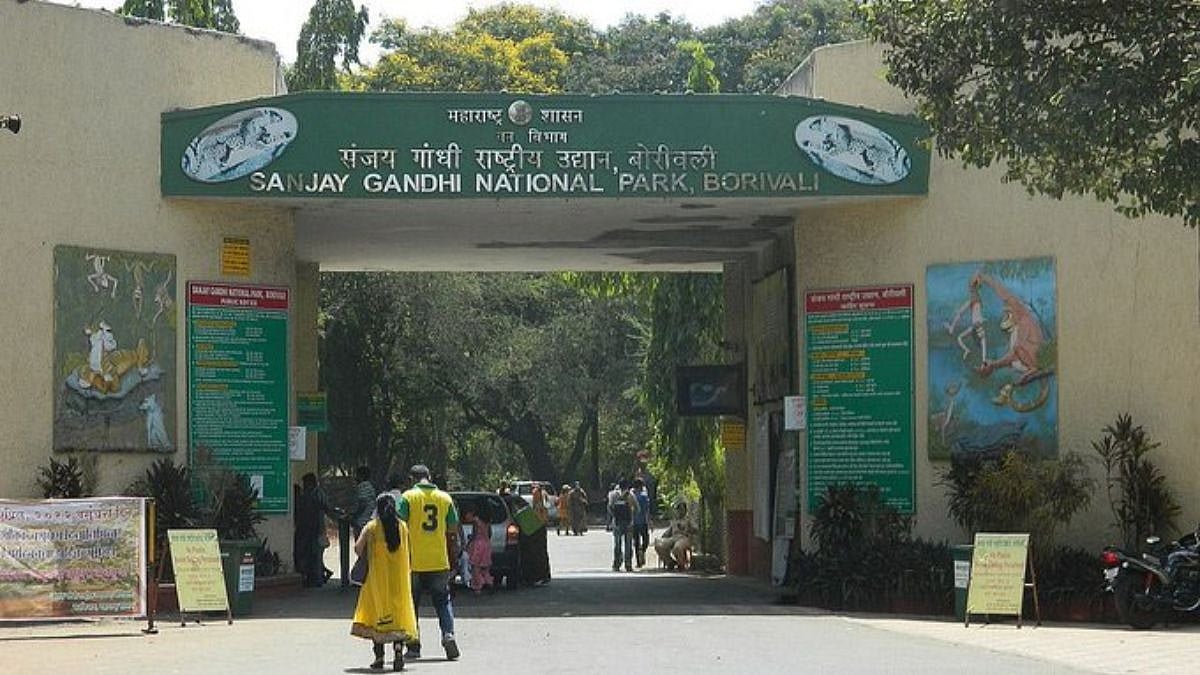The Hathras incident and several recent happenings, with the consequent death of the victim, have once again brought in sharp focus the issue of security of women. In any society, women are more vulnerable than men to crime. The reasons include a patriarchal society, the general societal impression that men are more powerful than women, that women are weak, the false feeling that the honour of the family is being violated by a section of women; particularly when they marry against existing norms, that women are helpless and cannot retaliate physically, that women have to tolerate the offence committed against them and religious teachings that women are prohibited from outdoor activities.
The type of offences which take place against women include murder, attempt to murder, rape and murder, unnatural intercourse, rape, gang rape, serious hurt, acid attack to disfigure, hurt, molestation, harassment by husband or his relatives and friends, abortion without permission, harassment for dowry by husband, and in-laws, kidnapping, human trafficking, harassment at work places and cyber crimes. This is only by way of example and the list is unending. The government has enacted stringent laws to protect women. These include general as well as special laws, such as the Indian Penal Code, Dowry Prohibition Act, Protection of Children from Sexual Offences Act and the prevention of medical termination of pregnancy on the basis of sex determination. Women of all ages remain vulnerable to various attacks. I propose to analyse these offences one by one and discuss measures to prevent these offences.
The most heinous offence against women is rape. According to available details, this may be broadly categorised firstly, as sexual intercourse against her wish and forced on her and secondly, induced under false promise to marry, where the woman may be in a live-in relationship or otherwise. The third category, which is being discussed internationally, is marital rape, which means rape by her husband since the intercourse or unnatural intercourse is against her wishes, even though she is married to him.
Available details of incidents of reported rape indicate that nearly 97 per cent of these are committed by family members, including stepfather, father, brother, male relatives or persons well-known to the victim. Three per cent are committed by unknown persons. The victims include women of all ages, from infants to women who are well over 60. But the maximum number of victims are in the age group of 12-30 years. The site of these offences include the female's house, nearby premises, near toilets, shelter homes, railway stations, bus stands, isolated places, orphanages, vehicles, including buses, taxis and autos. The timing of the offence is not specific but darkness or twilight could be a contributory factor.
According to a study, in 32 per cent of the cases, the offence was registered in less than 24 hours, 27 per cent of the time, it was registered after 24 hours but in less than seven days and 16 per cent of the time, it was registered after one month, while the rest were much later. Though rape is the most serious offence and punishable with more than three years' imprisonment, and hence tried by the sessions court, the conviction rate is around 20 per cent or less..
The above points indicate the steps needed to be taken. First and foremost, it must be underlined, the victim needs moral support from friends, relatives as well as members of NGOs having a reputation for voluntary service, to come forward and complain. Under pressure, threat, duress or false promises of marriage, the victim generally refuses to speak out unless it becomes inevitable or she realises that the offender has cheated her and is refusing to keep their promise of marriage. Even though youngsters are exposed to all manner of advertisements and films, they are inquisitive about having sex and the natural consequences of such physical relationships cannot be prevented. Regardless of attraction towards the opposite sex, which is obvious in youth, a certain minimum distance must be kept and precautions taken and implemented until the girl attains marriageable age, 18 or above.
Currently, the number of girls as young as 13 or 14 getting pregnant is increasing. Any physical relationship with the opposite sex, whether known or otherwise, whether by consent or under pressure or by attraction, should be immediately communicated to seniors, family members, friends, and if possible, to police. The earlier one reports, the sooner one can remedy the situation. If the person is known and a friend, parents can show understanding and by mutual consent, marriage can be arranged. The parents of girls also need to show understanding and maturity and not insist that their daughter marry a person of their choice and not hers.
After the recent judgment of the Supreme Court that any incident of a minor girl going missing from home has to be registered as an incident of kidnapping and abduction, the number of offences under this head have gone up in a geometrical ratio.Though some of these cases are detected, in very few of them do the girls agree to go back to their parents and perforce, must be kept in shelter homes till they come of age. As for girls, they too must appreciate the concerns of their parents.
Several instances have come to light wherein males have deceived girls by proferring false identities. When the girl is pregnant, the true identity of the male comes to the fore and the girl is now faced with tough choices, including spending her life as a destitute after her parents and relatives turn their backs on her. Another important factor is to avoid being alone with any male or a group of males, howsoever close they might be. Instances of the girl being offered a drink mixed with drugs that cause her to become unconscious and then fall prey to lust are quite common.
As for instances of rape of children under five, these evoke instant wrath from the entire community. Abroad, it is legally binding on parents to ensure that children less than five are not left alone at any time. If such an incident is noticed, the parents are punished by law. In India, this is a glaring gap, which lawmakers need to address urgently. Such young girls are highly vulnerable, and need protection from parents, as well as through legal provisions, and violators must be sternly taken to task.
Before rape occurs, there might have been several instances of harassment, taunting, or approaching the female under some pretext or the other. Usually, she tends to ignore these or not to report these to law enforcement authorities or her family. There is a possibility that these might be construed as encouragement or consent by the offender and he feels emboldened to make further advances. It is said that women have a sixth sense about males and the latter's intentions. It is advisable that these offenders should be neutralised then and there so that further damage is averted in time.
While working as a DGP in Maharashtra, I had issued a circular that if stern action is taken in incidents of molestation, further incidents of rape can be prevented. Strict orders were issued to all police officers, to ensure that a chargesheet was filed in incidents of molestation within 24 hours. This practice resulted in immediate trial of the offender and the sentences were also declared in no time. I remember, in many an incident, magistrates sent the offender to jail for a term of three years, within two months of the incident.
To further strengthen security for women, the Government of India has launched a national emergency number, 112, and it caters to all emergencies, including offences, medical and fire. Similarly, to prevent threats and misuse of cyberspace, even anonymous complaints can be launched through www.cybercrime.gov.in. There is a helpline is available - 1555260, from 9am to 6pm.
It is the need of the hour that police officers be allowed to investigate these offences without politics about the same in the name of religion, caste or language. Reports from post mortem and forensic experts need to be honoured without any hesitation. Any effort to hoodwink the public for the sake of politics is bound to result in injustice to victim, as well as to others. Every effort should be made to support the victim to withstand pressure when the trial is going on, so that offenders are punished and the victim gets justice.
The writer is a former director general of police, Maharashtra.
